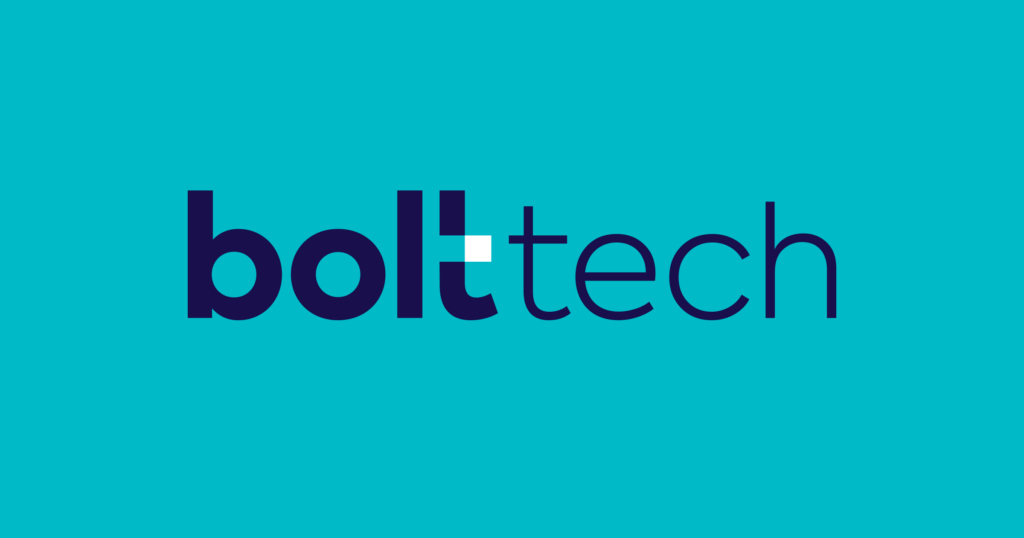Why Field Agents Play an Important Role for P&C Carriers

Insurance technology is changing the carrier-agent relationship, along with every other aspect of insurance. Abandoning the agent model, however, could undermine a carrier’s ability to build its ecosystems, personalize the customer experience and lead in the coming years.
Agents continue to play a key role as the COVID-19 pandemic unfolds. The pandemic pushed agents to the fore as both personal and commercial lines customers sought insurance expertise and personalized service, says Tom Super, head of property and casualty insurance at J.D. Power.
Carriers who cultivate both a strong direct lines experience for customers and strong agent relationships improve their competitive edge in a world where insurance customers increasingly demand high-quality, personalized and comprehensive services.
It’s All About the Customers
At times of crisis, agents provide the personalized, familiar touchpoint customers need — a relationship that begins and is further strengthened when customers seek information and purchase or renew insurance from their agent.
Rebuilding Trust Post-Pandemic
The COVID-19 pandemic rocked trust on a fundamental level. Seemingly overnight, the rules of the world changed.
As the pandemic unfolded, many customers lost their trust in a number of institutions, including insurance carriers. Small businesses, for example, may have realized they lacked the appropriate coverage for their pandemic-related losses. Other customers began to wonder why they were paying for coverage they couldn’t use, such as auto insurance on a vehicle when they had nowhere to drive.
Insurance companies have work to do in rebuilding trust. Strong digital experiences and a focus on agent relationships both play a role in this process, writes Michael Reilly, managing director of insurance at Accenture.
One way insurers can rebuild customer trust is by supporting the agent’s role as adviser and educator. That role, in which agents help customers navigate the complex insurance marketplace and advise on the best coverage, is key to the relationships agents build with their customers, writes Alli Walsh at Combined Insurance.
Carriers can support an agent’s role by providing assistance with marketing, for example, and by making it easier for agents to attend seminars and acquire certifications. They can also invest in digital tools that improve the agent’s ability to quote and place coverage.
Stronger Relationships Mean More Insight
Agents and brokers who focus on building strong customer relationships, gathering detailed data on their customers and providing customer education and information report greater success in placing commercial property coverage, write Denny Jacob and Joyce Anne Grabel at PropertyCasualty360.
Carriers can enhance their own work and agents’ value to customers by providing the tools necessary to analyze large datasets and provide insights, which agents can relay to customers at key points in the insurance purchasing process. In this way, carriers and agents can work together to leverage available data in order to advise customers on how to avoid coverage gaps and other risks, writes Joyce Sigler, account executive and system administrator at Jones-Wenner Insurance Partners.
Agents who focus on information-gathering also set better goals, address their own risks and protect themselves in an era of hardening markets and more common agent E&O claims.
“It’s very difficult to over-communicate as an agent or broker with your policy holder clients,” says Ken Fall, chief litigation counsel at Marsh. Rather, agents and brokers benefit from communication with customers, just as insurance companies do. Carriers that facilitate communication and education thus build stronger relationships both with agents and brokers and with customers.

Agents Feed the Ecosystem
Agents’ relationships with insurance companies mean more business for carriers. According to the J.D. Power U.S. Independent Agent Performance and Satisfaction Study, for example, independent agents place more business with the carriers that build a strong, satisfying relationship with those agents.
To generate this business, agents act as a communication nexus, a role both customers and carriers expect agents to play. Both customers and carriers expect to be able to reach their agents through a wide variety of channels, like phone, email, text and video conference. They expect agents to communicate effectively over each channel as well.
Because agents sit at the center of so many communication channels and conversations, they provide an ideal source of information and leads when it comes to building a digital insurance ecosystem.
By incorporating agents into an ecosystem, insurers gain insight into what customers associate with an insurance purchase, making it easier to partner with related companies to offer those services as the point of insurance purchases. Focusing on the use of digital tools to build this ecosystem improves integration, and “digital system integration is what makes rapid information sharing possible,” writes Bryce Lee at PropertyCasualty360.
For insurance customers, an insurance ecosystem combines insurance information and purchases with offerings by related non-insurance companies, like home or auto repair companies. Agents can play a key role in shaping a highly effective digital ecosystem by providing insight on what customers look for when they buy insurance and what partnered services can help them reach their goals at this critical point.
To prepare for the future, insurance carriers will need to expand their view of distribution. “Expanding distribution partnerships could help the sales force provide products to more customers in need while maintaining sales volume in a time of crisis,” write Simon Kaesler and fellow researchers at McKinsey. Building strong ecosystems is one way to diversify distribution while also offering the value of agent expertise and the hyper-personalized services customers seek.

Agents as Relationship-Builders in 2021 and Beyond
Many agents adapted to the restrictions of COVID-19 by moving their work to the cloud, improving their accessibility to customers with social media and similar tools and by embracing technological solutions like automated quoting.
As agents innovate through technology, carriers that are prepared to support that agent innovation will build stronger relationships. Carriers will be able to reach customers more effectively, benefiting from the personal connection and expertise the agent provides and enhancing that relationship with technology.
Technology is already making the agent-customer relationship more efficient. One McKinsey study, for example, found that 69 percent of insurance customers reported more efficient interactions with their insurers in the COVID-19 era.
Yet efficiency was not the top desire these customers expressed when it came to insurance company relationships. In response to the study, 83 percent said they agreed or strongly agreed with the statement “I hope my agent can empathize and see problems from my perspective,” write Bernhard Kotanko and Enoch Chan at McKinsey. Seventy-three percent agreed or strongly agreed with the statement “I hope my agent can give me personalized products and services based on my needs.”
Technology can improve efficiency and personalized recommendations. Empathy, however, remains the domain of human connection. Agents can benefit from technological tools and connections, but only if these supplement the agent’s ability to build individual, personal relationships with each customer.
Although the COVID-19 pandemic hastened the pace of digital adoption, “a significant component of society is, and will always remain, analog,” writes insurance technology analyst Barry Rabkin. Human nature includes seeking real-life social connections even when those connections pose risks, like reopening schools or public venues while a virus continues to spread.
Carriers that lean solely on digital distribution miss the opportunity to reach customers through the analog relationships so dear to human nature. Agents and brokers provide essential sources for these relationships.
Providing hyper-personalized services that reduce friction and enhance customer-carrier relationships will be key to building and retaining a strong insurance customer base in the coming years. Agents play an essential role in building these relationships, strengthening ecosystems and providing value. By building agents into their distribution models and technology, insurance carriers can improve their ability to reach and retain customers.
Images by: Antonio Guillem/©123RF.com, Anton Estrada/©123RF.com, fizkes/©123RF.com
Further Reading
Featured
 18 June 2024
18 June 2024
 15 August 2024
15 August 2024
 1 July 2024
1 July 2024
